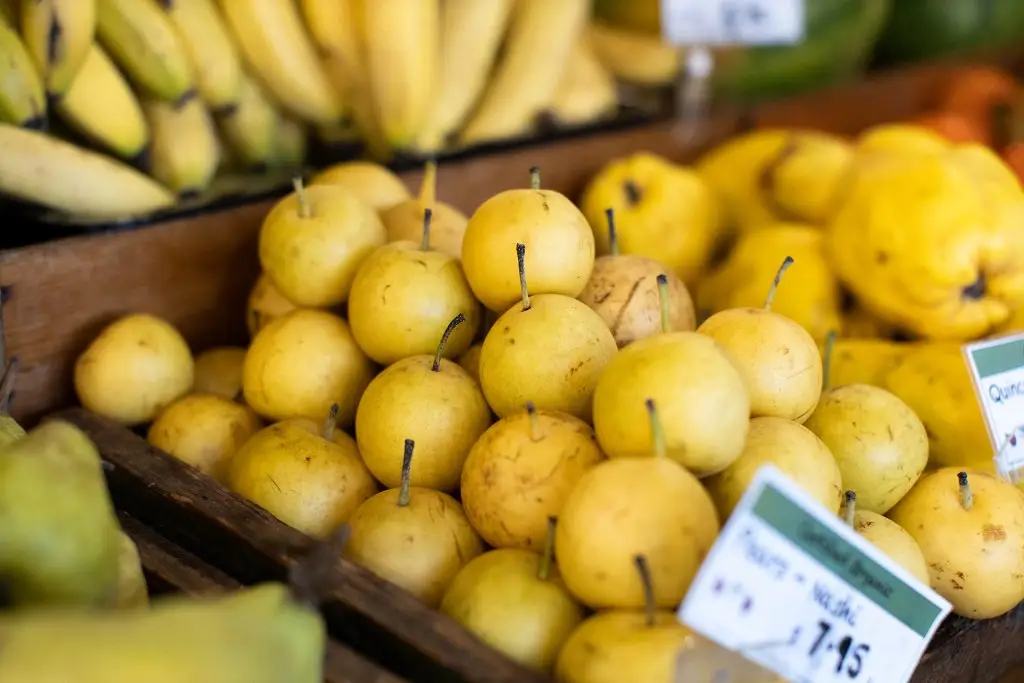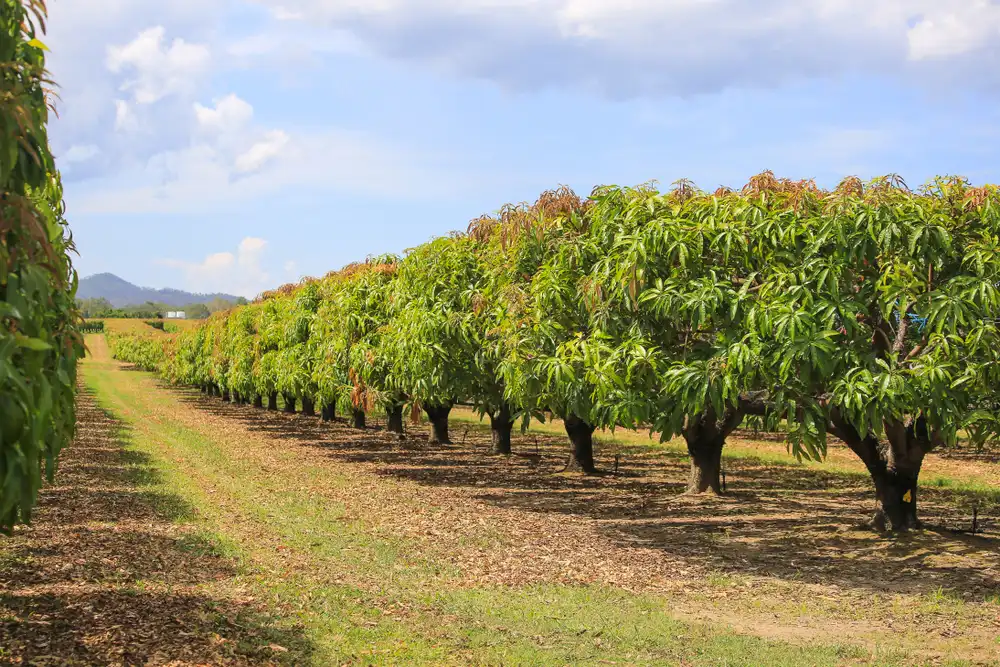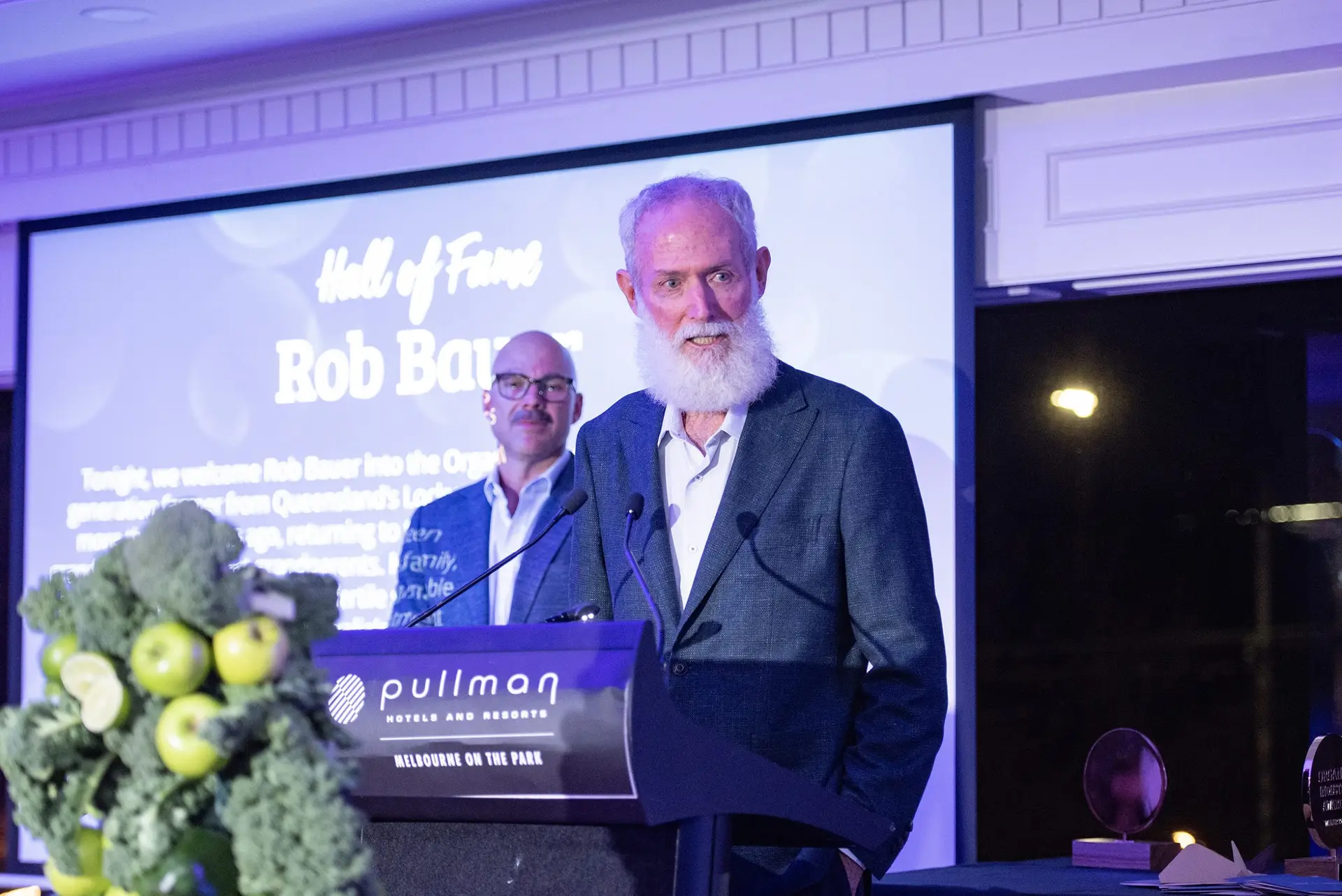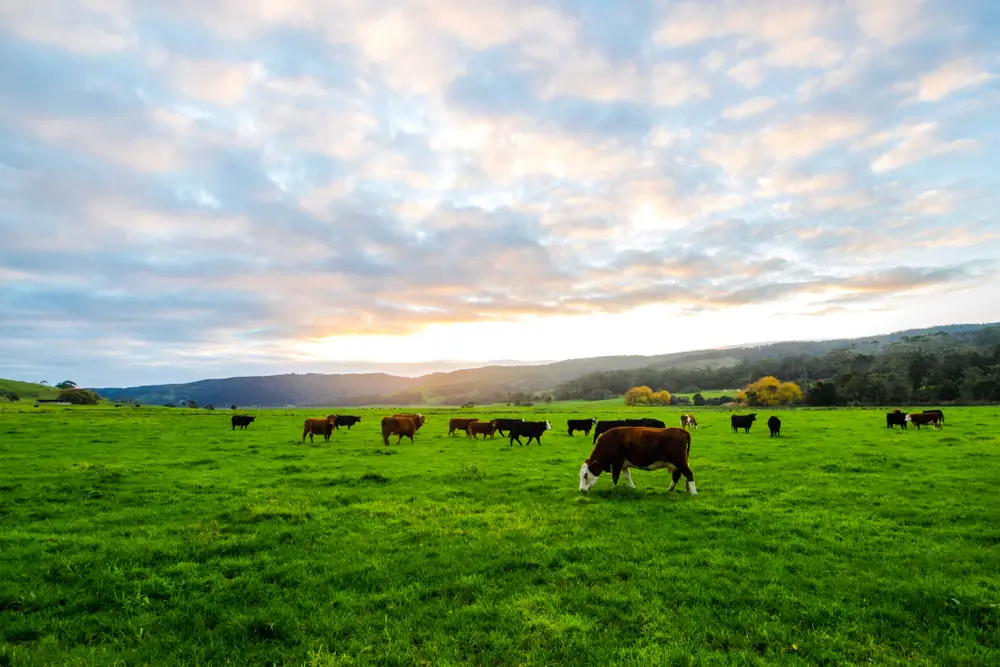Key points:
- 56 per cent of Australian shoppers have purchased organic in the last year
- 62 per cent of shoppers cited personal health as a motivator for their initial organic purchase
- 38 per cent growth in organic certified operators since 2011
- 37 per cent of regular organic shoppers increased the amount of organic food they purchased in the past year.
MILLIONS of consumers have turned to organic food since the commencement of the COVID-19 pandemic and more than half (56 per cent) of all Australian shoppers have purchased certified organic in the last year, according to the new Australian Organic Market Report 2021 released by Australian Organic Limited (AOL) today.
AOL, Chief Executive Officer, Niki Ford, said the dual health and wider environmental benefits of organic production, which is free from synthetic chemicals, pesticides and fertilisers, was driving the sector’s growing consumer base.
“In Australia, consumers are continuing to prioritise personal and environmental health, and this has been brought to front of mind by recent climatic events and the global pandemic,” Ms Ford said.
“Over the course of the past year we’ve seen around nine million Australian households purchase organic food during this incredibly challenging time.”
The report uncovered that, Australians were encouraged by the benefits of eating organic food, with 62 per cent of shoppers citing personal health as a motivator for their first purchase of organic produce, while 45 per cent alluded to environmental considerations.
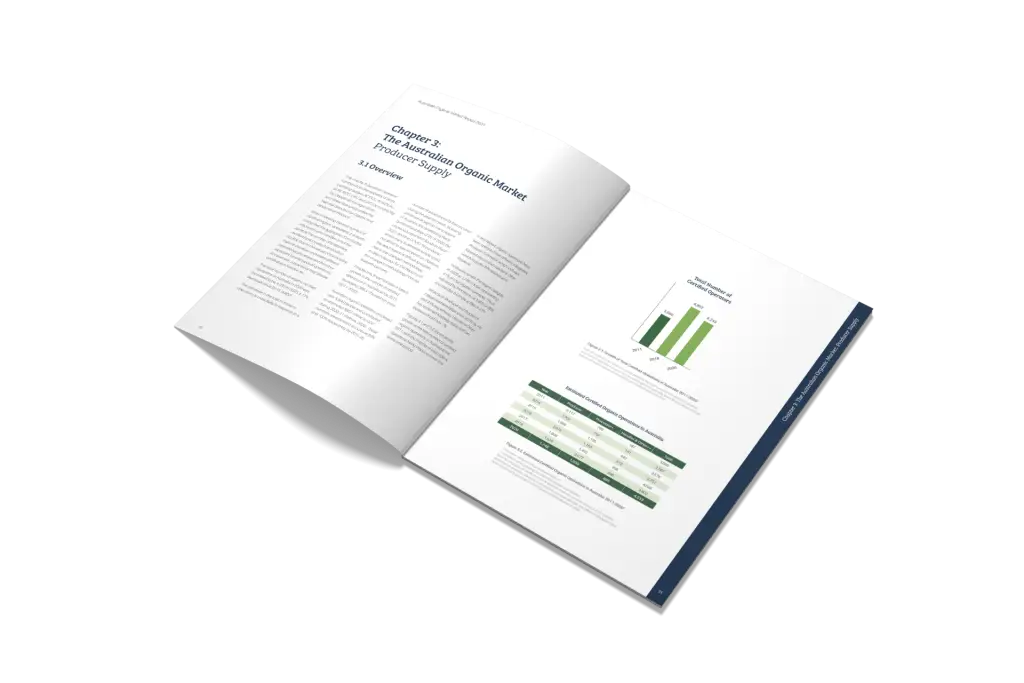
The research shows more than 80 per cent of food shoppers in Australia are receptive to buying an organic product, with 60 per cent currently purchasing organics at a low level, but showing a high interest in fresh organic produce.
37 per cent of established organic shoppers increased the amount of organic products they purchased in the past year, with the average household spend on organic increasing 12.8 per cent since 2019.
Ms Ford said the organic industry has shown significant growth in the face of a turbulent year.
“The Australian certified organic industry continues to expand and prosper despite the enormous challenges faced over the past two years,” Ms Ford said.
“Through drought, bushfires, floods and most recently the pandemic, the industry is unwavering and continues to grow at an impressive rate.
“There are now 4,233 organic operations in Australia, displaying steady long-term growth of 38 per cent since 2011.”
Internationally, the United States continues to be the top international market for Australian organic products, representing 33 per cent of all exports in 2020, with 95 per cent of organic meat exports destined for the US.
However, concerningly for the domestic industry, the vast majority (88 per cent) of food shoppers said they did not know there is currently no single legal definition for use of the term ‘organic’ in Australia.
Compounding this issue is the fact that almost one third (31 per cent) of shoppers who purchased an organic product in the past year believe they have previously been misled by organic claims on product packaging, giving further urgency to the need for a mandatory domestic standard for use of the term ‘organic’ in Australia.
“The current lack of a unified, legal organic definition undermines shopper confidence,” Ms Ford said.
“While global markets, with standards in place, can be sure organic products they are purchasing from Australian businesses are certified organic, unfortunately Australian consumers cannot be assured the same confidence, creating confusion and causing consumer mistrust within the organic marketplace.
“The only way a consumer can be certain a product labelled ‘organic’ is what is says it is, is to look for a certification mark.”
The Organics Industry Advisory Group is assessing whether the current organic regulatory framework is fit for purpose, with a final report with key recommendations due to Agriculture Minister David Littleproud in June 2021.
